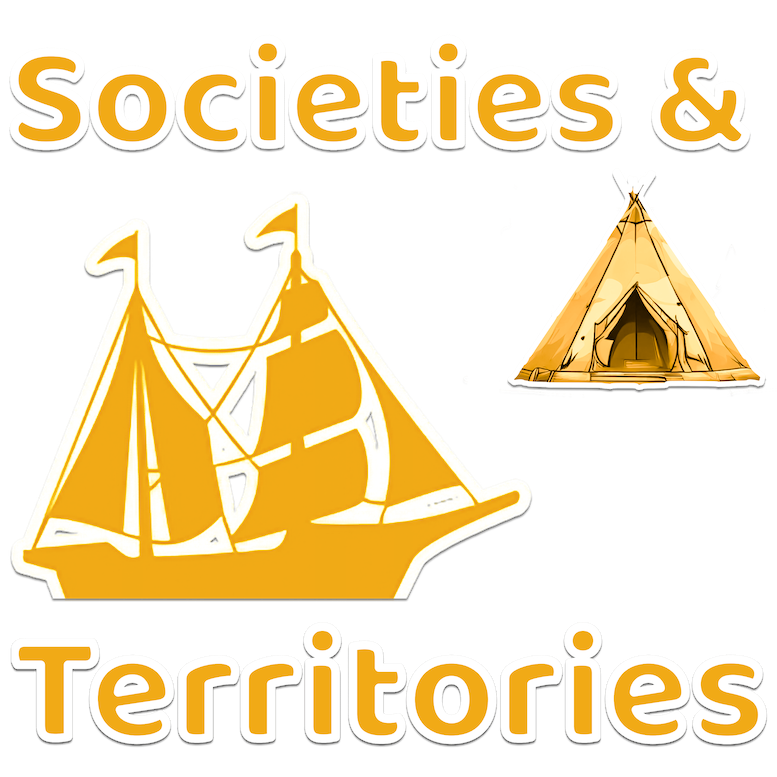In 1745, the Iroquoians still had the same political organization as in 1500. So did the Huron and the domiciled Iroquois living near Québec City and Montréal. They still lived in their village with their council, as was the custom in their nations. They had kept their traditional political organization and laws. They elected their chiefs and society was still based on clans. The Six Nations still formed a confederationThis is a group of people or nations or tribes or provinces that form an "alliance"..... [Note that in 1722 the Tuscarora joined the confederacy]
What had changed were the new relationships that had been forged when the Europeans arrived in North America. Indigenous Peoples and the Europeans did not always see eye-to-eye. Take the ‘domiciled’ Indigenous Peoples for example. Were they French allies or the king’s subjects like the French colonists?
The view of the domiciled Iroquoians
The domiciled Huron and Iroquois saw themselves as French allies. They do not consider themselves subjects of the King of France. They were autonomous. They saw the governor of New France as a chiefChiefs Definitions: The leaders of the clans and tribes were called chiefs. These men were elected... who took care of society’s day-to-day affairs. His role was to get people to agree with one another, but he could not force someone to obey him or agree with him.
The view of the French
The French, meanwhile, saw things differently. They thought Indigenous Peoples should be subjected to them and obey their laws. They saw themselves as masters of the territoryA territory is an area of land, or sometimes of sea, that we can say "belongs".... But they often had to make compromises because they needed Indigenous Peoples, for the fur tradeTrade is when we buy, sell, or just exchange goods (things, foods, etc.) or services (helping... and to help protect the colonyColonizationColonization occurs when one country takes control of another country, territory, or people. It happens when....
As a result, relations were sometimes strained.
AuthorAuthor - A person who writes something Auteur - Une personne qui écrit quelque chose: Service national du Récit de l’univers social. Adapted by LEARN.
[Notes: The Tuscarora were accepted in 1722 as the Sixth Nation of the Iroquois ConfederacyThis is a group of people or nations or tribes or provinces that form an "alliance"...., or Haudenosaunee.]


